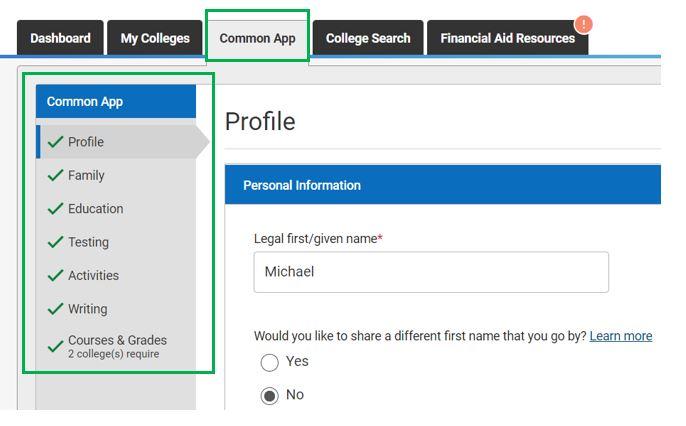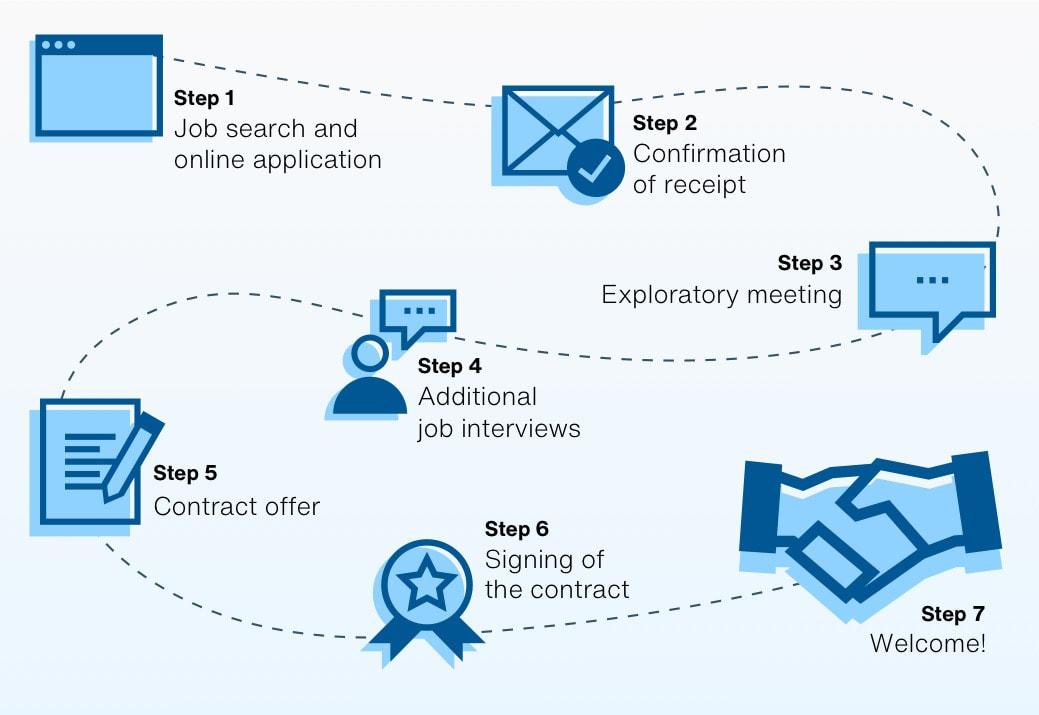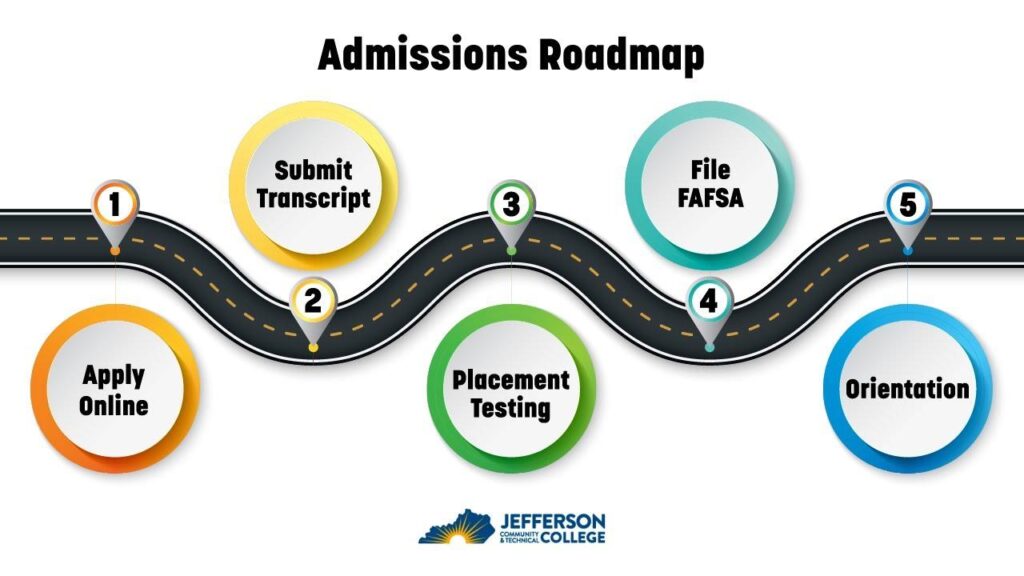Now Reading: The Common Application vs. University-Specific Applications: Which is Right for You?
-
01
The Common Application vs. University-Specific Applications: Which is Right for You?
The Common Application vs. University-Specific Applications: Which is Right for You?

As college admissions season approaches, aspiring students find themselves at a crossroads, faced with a pivotal decision: to tackle The Common Request or to navigate the myriad of university-specific applications. In a landscape where choice can feel overwhelming, understanding the nuances of each pathway is essential.The Common Application, with its streamlined approach, promises efficiency and accessibility, appealing to those looking to cast a wide net. On the other hand, university-specific applications often provide a canvas for showcasing unique aspects tailored to individual institutions, catering to a more focused audience. In this article, we delve into the intricacies of both options, exploring the benefits and drawbacks to help you determine which application style aligns best with your academic goals and personal philosophy. Whether you’re a meticulous planner or an intuitive creator, your college journey deserves the best starting point.
Exploring the Flexibility of the Common Application
The Common Application offers an extraordinary level of flexibility for students navigating the college admissions process. By allowing users to fill out one extensive application, it can save time and reduce the stress associated with applying to multiple schools. This versatility means students can tailor thier submissions with just a few clicks, focusing on the unique attributes of each institution.Additionally, features such as the ability to reuse essays and the option to express interest in multiple programs enhance this adaptability, allowing applicants to fine-tune their narratives without starting from scratch for every school.
Students can further customize their experience with the Common Application by taking advantage of its extensive resource library, which includes tutorials, tips, and advice on how to approach different application components.Engaging in these resources can help cultivate a more personalized application. Consider the following benefits when evaluating this option:
- Unified Platform: Manage multiple applications in a single location.
- Customizable Essays: Edit essays to reflect specific schools’ missions and values.
- Support Services: Access to a wealth of guidance and support materials.
- Variety of Schools: Apply to over 900 institutions with diverse programs.

Understanding University-Specific Applications and Their Benefits
university-specific applications can be a game-changer in your admission process. Unlike a one-size-fits-all approach, these applications allow you to tailor your submission to reflect precisely what the institution values most.This can include unique essays, supplemental questions, and specific requirements that align closely with the school’s mission and culture. Here are some advantages of opting for university-specific applications:
- Personalization: You can highlight experiences and interests that resonate with the specific university.
- Depth of Details: More sections or prompts can lead to a more comprehensive view of you as a candidate.
- Opportunities to stand Out: Unique questions may give you a chance to showcase distinct talents or perspectives that a generic application might overlook.
Though, the effort invested in these applications is reflected in how admissions committees assess them. Universities frequently enough see these applications as a presentation of genuine interest and commitment,which can enhance your candidacy. Moreover, university-specific applications can sometimes provide insights into their academic programs, campus life, and community expectations, helping you make an informed choice about where to apply. Consider the following aspects when opting for these applications:
| Aspect | Impact |
|---|---|
| Application Flexibility | Ability to adjust focus based on university strengths |
| Specific Requirements | Potential to increase alignment with university values |

Evaluating Your College Goals: When to Choose Each Option
As you embark on your college application journey, considering your specific goals is crucial in determining whether to utilize the Common Application or a university-specific application. If you have identified a range of colleges that accept the Common App, this route can streamline your process significantly. It allows for efficiency, letting you submit information such as your essays, recommendations, and activities to multiple institutions concurrently. This option is ideal for students who are considering several schools with similar deadlines and requirements. A few key benefits include:
- Time-saving: Fill out one application form and submit it to various institutions.
- Consistency: Maintain the same personal information and narrative across different applications.
- accessibility: Easily access and manage applications through one centralized platform.
On the other hand, if you have a clear vision of specific universities that align with your academic interests or personal values, opting for university-specific applications can facilitate a more tailored experience. These applications often allow applicants to convey their passion for attending that particular institution, showcasing why they are a good fit. University-specific applications can include unique essay prompts and special requirements, providing an prospect to express your individuality.Consider these factors:
- Customization: Highlight your fit with unique programs or campus culture.
- Focused Content: respond to specific prompts that speak to the values of the institution.
- Potential for Distinction: Stand out by expressing genuine interest and commitment to a particular college.

Navigating the Application Process: Tips for Success
When evaluating whether to utilize the Common Application or a university-specific application, it’s essential to consider your unique situation and preferences. The Common app offers the convenience of applying to multiple schools through a single platform, making it ideal for students with a diverse list of prospective colleges. conversely,some universities may provide tailored applications that allow for a more in-depth representation of your individual achievements and goals. Each type has its advantages, so think about the following factors when making your decision:
- Number of Applications: If you’re applying to several schools, the Common App can save you valuable time.
- Specific Requirements: Check if your dream schools have unique essays or supplemental materials that the Common App may not fully accommodate.
- Application Fees: Compare costs associated with each application process to manage your budget effectively.
In addition, understanding the philosophical differences can help guide your choice. Common applications frequently enough showcase a broader perspective of your candidacy, focusing on extracurriculars and overall achievements. In contrast, university-specific applications might delve deeper into particular aspects, such as department fit or specialized programs. Consider utilizing a simple comparison table to weigh the benefits:
| Factor | Common Application | university-specific Application |
|---|---|---|
| Ease of Use |  Streamlined for multiple submissions Streamlined for multiple submissions |
 May be more extensive May be more extensive |
| Customization |  Limited personalized sections Limited personalized sections |
 Tailored approach to showcase relevance Tailored approach to showcase relevance |
| essay Flexibility |  Common prompts Common prompts |
 Unique essays for deeper insight Unique essays for deeper insight |
Final Thoughts
In the grand tapestry of college admissions, choosing between the Common Application and university-specific applications is a decision that hinges on personal preference, academic aspirations, and individual circumstances. Each pathway offers its own set of advantages and challenges, inviting you to reflect on what aligns best with your goals.
As you embark on this journey, consider not only the logistical elements of each application process but also the narrative you wish to convey through your submissions. The Common Application provides a broad canvas, allowing you to showcase your achievements across multiple institutions, while university-specific applications invite a more tailored approach, highlighting your unique fit for each school.
Ultimately, the right choice lies in understanding your own priorities and aspirations. Whether you envision a streamlined approach with the common App or the detailed depth of individual submissions, your path to higher education is uniquely yours. Embrace this pivotal moment, and let the excitement of finding guide your decisions. Whichever route you choose, remember that at its core, this journey is about finding a place where you can thrive, grow, and shape your future. Happy applying!


























